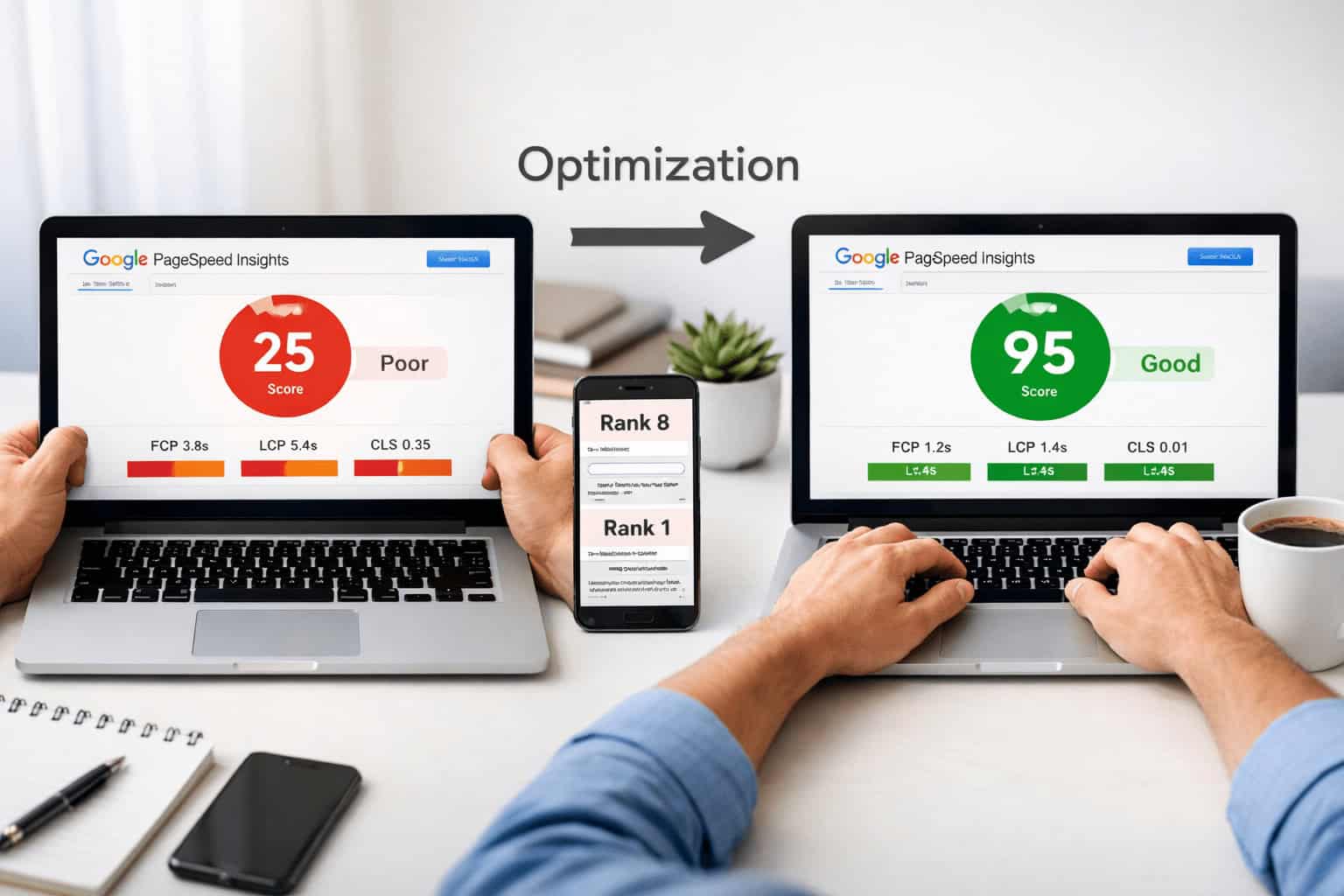An Ahref study revealed that more than 74% of the top-ranking pages have a meta description.
Even though Google released an official statement stating that meta descriptions don’t impact SEO, they do affect your click-through rates, which ultimately determines your rankings.
Think of them as the bow that ties all your website content together.
If your meta description captivates your target audience, they will want to read more. This will then increase your CTR, triggering the search engine bots to view your content as relevant. The end result is high rankings in SERPs.
Because of this , crafting effective meta data – including your meta descriptions – is a critical part of an effective SEO strategy.
How to Write the Perfect Meta Descriptions to Boost Your SEO
Avoid Duplicating Descriptions
Meta descriptions are a reflection of a web page’s content and should be unique for every page. Duplicating them only hampers user experience and could get placed in supplemental results.
The page titles could vary, but if the meta descriptions are the same, search engines will assume all pages have the same content. This significantly reduces your chances of ranking high and could get you penalized.
You should also refrain from copying other website’s meta descriptions but can use them for inspiration.
Use Page-Relevant Keywords
Optimized meta descriptions usually have focus keywords, which are relevant to the page’s content. For example, if your content is mainly centered around digital marketing strategies, this should be your main keyword. If it appears in the meta description, Google will be inclined to use it when it matches a user’s query as opposed to grabbing snippets of the page text.

Search engines highlight focus keywords, making your content more inviting to web users and ultimately increasing your click-through rate (CTR). There are also times when Google highlights synonyms, making your content stand out more.
If your content is targeting several keywords, conduct keyword research to identify the most relevant one.
Keep Your Meta Descriptions Clear and Concise
All your meta descriptions should be at most three sentences, incorporating each page’s target keywords. They should capture the essence of your content in a short and snappy way that draws web users to click on your link. Think of it as your chance to advertise your web content.
Keep the meta tags short, compelling, and relevant. While misleading descriptions may increase CTR, they often result in a high bounce rate, which will hurt your rankings. You should also avoid stuffing keywords, as this will only give readers the illusion that your page contains spammy content.
Pro hack: The first two sentences’ well-written page copy often serves as the framework for effective meta-description tags.
Optimize Your Meta Tag for Mobile Devices
In 2017, Google increased the meta description character limit to 320 but later reduced it back to 160 in May 2018.
While this sudden drop was unexpected, it was a logical move because Google only displays around 120-156 characters of a meta description.
Long descriptions may give you the leeway to include a lot of content, but they also run the risk of your description being cut off at the wrong place. This then dilutes its impact, reducing your CTR.
Desktop meta descriptions typically have around 158 characters, but Google only shows 100-120 characters on mobile devices. If your target audience mainly uses mobile devices, ensure all the important information fits this character limit.
Include a Call to Action
Meta descriptions are like sales copies; the only difference is that instead of selling products, you’re selling your content. This is why you should always make them actionable by including terms such as ‘learn more,’ ‘sign up today,’ ‘get a free copy,’ etc.
A well-crafted CTA lets web users know what is expected of them and increases your conversion rate.
Test, Monitor & Adapt
Don’t be afraid to experiment with various versions of the meta description until you get the one that works best for you. Track what’s working and what’s not, and then optimize your meta tags for optimal results.
Other tips include:
- Use conversational language; you’re writing for web users, not search engines.
- Put the most essential information first, as that’s what users will focus on.
- All the content should be positioned for the benefit of the user.
What are the Qualities of a Great Meta Description?
It’s important to note that there are times when Google doesn’t use your meta tag but instead takes a snippet off your content. Having a description, however, lets you take charge of what users want to view.
Highlights the Benefits of the Content
Why should users read your content? If your meta description does not clearly highlight the benefits of your page content, then you’ll have few link clicks. Internet users are very impatient, and you need to convince them that your content will satisfy their needs.
Your meta description should capture the value that users will gain from clicking on your page.
Provokes a Reader’s Curiosity
There’s a very thin line between deceptive and compelling. Keep your meta descriptions truthful but interesting. They should make the reader want to know more without giving them the wrong idea of your page content.
If users get on your page and the content is irrelevant, they will leave, resulting in a high bounce rate.
Provides a Solution
Solution-oriented meta-descriptions are always effective. People mainly use search engines to find solutions and answers to their problems. If your meta description promises that your content will solve this challenge, they will be more inclined to click on your website.
Uses an Active Voice
Your tone of voice and the language you use in your meta description needs to consider the motivation behind users visiting your page. For example, if your content is about home decoration tips, use phrases that address this directly.
Increase Your SERP Rankings Using Optimized Meta Descriptions
Even though meta descriptions are not weighted heavily in search algorithms, they offer searchers an important glimpse into the content of your website. They also convince search engines that your content is a great fit for a user’s query, increasing your chances of appearing on the first pages of search results.
Are you having trouble making your brand visible on search engines? We’d love to help! Contact us today for a quick consultation.



